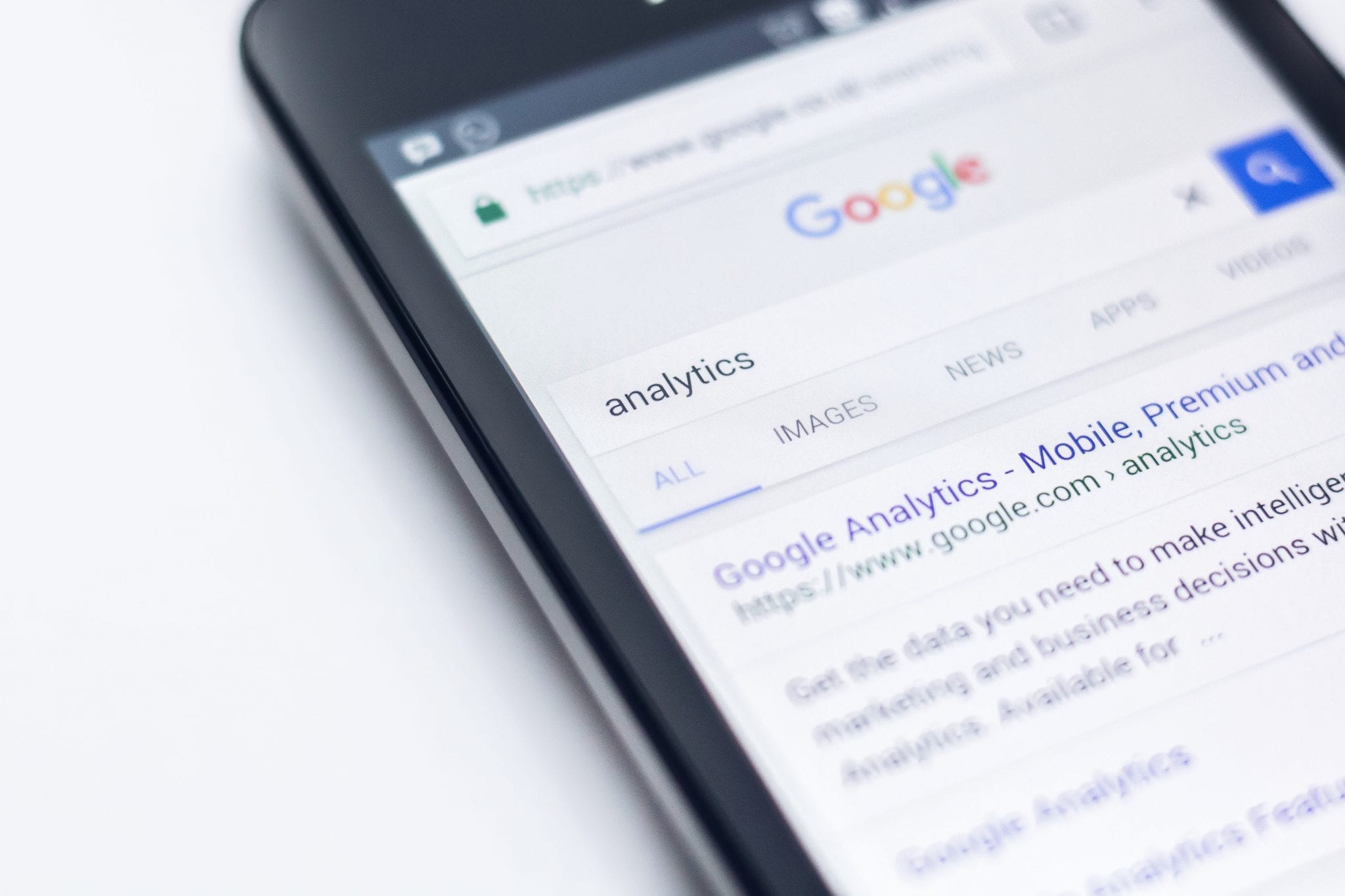Today on the Edge of Innovation, we are talking with Ed Alexander, founder of Fan Foundry, about Search Engine Results and getting on page one of search results.

Hacking the Future of Business!

Today on the Edge of Innovation, we are talking with Ed Alexander, founder of Fan Foundry, about Search Engine Results and getting on page one of search results.

Today on the Edge of Innovation, we are talking with Ed Alexander, founder of Fan Foundry, about digital marketing and more!

Today on the Edge of Innovation, we talk about what it means to be anonymous, and discuss whether or not it is an illusion.
This episode of “The Edge of Innovation” is about Cryptocurrency. The Edge of Innovation is produced in partnership with SaviorLabs.

Today on the Edge of Innovation, we talk about privacy.
Hackers and lawyers can discover pretty much anything about you. So what is privacy?
Paul mentions how someone was unable to obtain life insurance due to having prescribed to a medication that was allegedly not public information. But if something is in a database somewhere, it is out of your hands. Unintended consequences may come to pass. The more you know about these things the better.
A man with a pacemaker was judged guilty due to the correlation of his pacemaker with a crime. This was “private” information.
Things are only “private” when they don’t matter.